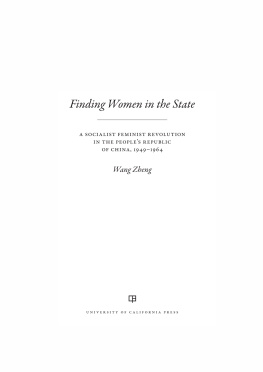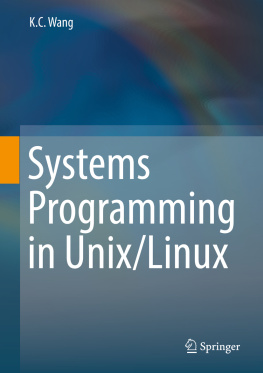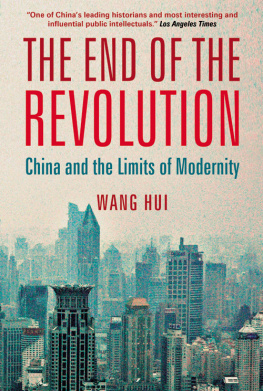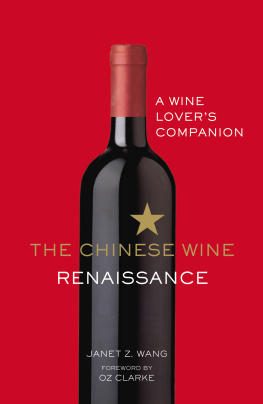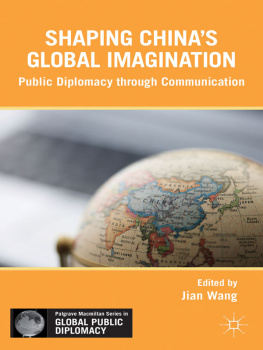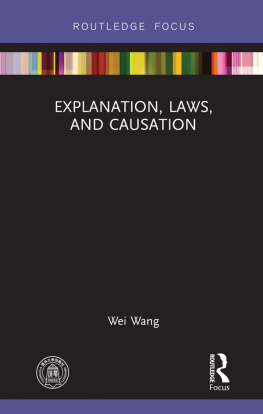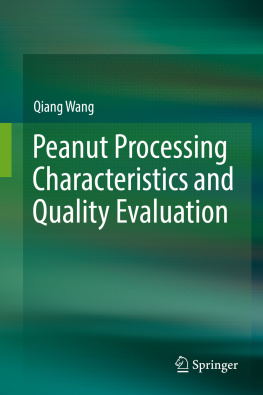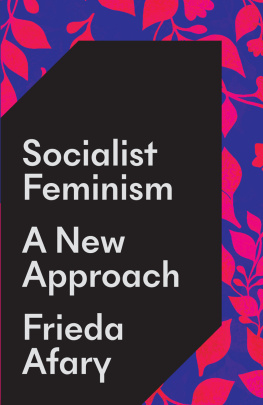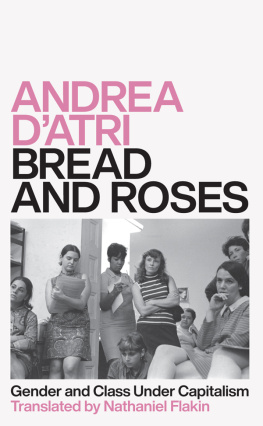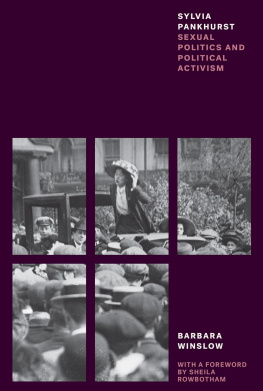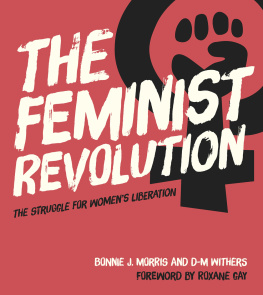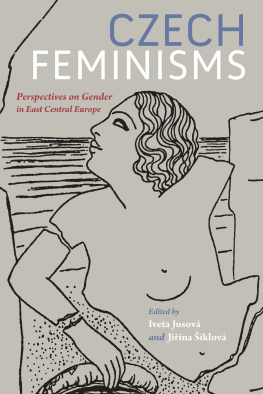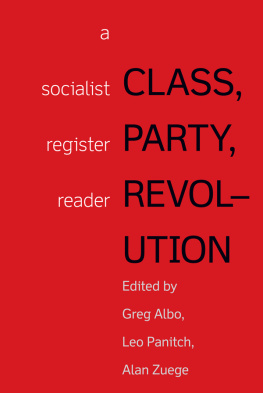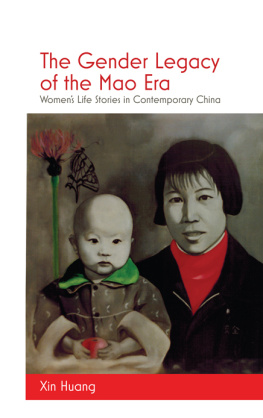ACKNOWLEDGMENTS
This project has evolved from my original research on a Shanghai neighborhood twenty years ago. Over the past two decades I have accumulated enormous debts to numerous people who helped me in the formation of the book. My greatest debt is to everyone in China who granted me interviews and/or introduced me to more interviewees or generously shared source materials with me. I am very grateful to each one in the list of interviewees (included toward the end of the book) who illuminated opaque and complex historical processes with their highly diverse stories from various social and geographic locations. The dense files with fading handwriting in the archives became legible and meaningful when I read them with the vivid life stories of each interviewee in mind. It is well known that access to the archives of the post-1949 period in China is restricted and unpredictable. This project that investigated behind-the-scenes stories was made possible due to the generous help of many old and new friends. My deepest gratitude goes to those who gave me materials in their own collection or helped me to collect source materials, either oral, written, or visual. Zen Li, Zen Zi, Shang Shaohua, Chen Fang, Tao Chunfang, Hou Di, Chen Wenjing, Liu Jun, Lu Ming, Yang Hui, Jiang Lifen, Su Ping, Zhang Liming, Luo Suwen, Wang Qingshu, Huang Ganying, Lu Zhengmin, Zhao Wei, Liao Xinwen, Chen Xiangdong, Chen Xiangjun, Feng Mandong, Huang Zhun, Wang Yongfang, Feng Qi, Li Xiefu, Meng Liye, Chen Yan, and Yu Ningping each enabled me to construct a historical narrative with concrete evidence of socialist state feminist endeavors. I also deeply appreciate Francisca de Haans tremendous generosity in sharing with me precious source materials on the Womens International Democratic Federation and informing me of the important roles Chinese state feminists played in it.
At a time when I still regarded my published articles on state feminists as sideline products of my neighborhood project, it was Gail Hershatter who first suggested that I should consider producing a book on feminism in the Peoples Republic of China. I owe the initial envisioning of the project to her. In the final stage of the manuscript, Dorothy Ko gave me valuable suggestions on the structure of the book. The highly helpful comments by her and three anonymous readers of the UC Press importantly shaped the reorganization of the final version. Grey Osterud commented on each chapter with valuable editorial suggestions that compelled me to strive for clarity in expressing complex issues to an English reading public who may not all be familiar with PRC history. Claire Moses generously offered me her editorial expertise by carefully going through each page of the manuscript and making many wonderful suggestions that enabled me to present a more coherent and clearly argued historical narrative. The book would not be in its current shape without her sharp insights in the final revision.
Many friends and colleagues have read and commented on the entire work, or on parts of it, over the long process of producing this book. I am grateful to Gail Hershatter, Dorothy Ko, Sidonie Smith, Mrinalini Sinha, Abigail Stewart, Emily Honig, the late Elisabeth Croll, the late Christina Gilmartin, Harriet Evans, Julia Strauss, Elizabeth Remick, Deborah Davis, Yiching Wu, Xiaobing Tang, David Goodman, Ellen Johnston Laing, Joan Cadden, Nikki Mandell, Carol Boyd, Deborah Keller-Cohen, Susan Siegfried, Anna Kirkland, Elizabeth Cole, Song Shaopeng, and Li Nanyang. Their suggestions and questions have either challenged me to sharpen my arguments or assisted me in exploring ways to synthesize my diverse findings from various sites. This historical narrative of socialist state feminists in China could not have been brought into existence without their tremendous support, generous help, and strong encouragement.
Colleagues at many institutions and academic meetings in and outside the United States have kindly offered me opportunities to present work-in-progress. The feedback and responses from colleagues attending conferences at SOAS at University of London; Fairbank Center for East Asian Studies at Harvard University; Pembroke Center at Brown University; History Department at University of California at Davis; Agnes Scott College and Emory University; Lieberthal-Rogel Center for Chinese Studies at University of Michigan; School for Advanced Studies in Social Sciences in Paris; Chinese Womens Research Committee in South Korea at Soongsil University; Chinese University of Hong Kong; Advanced Research Institute at Nanjing University, Nanjing Normal University; Fudan University; Womens Studies Center at Shantou University; Guangxi University; Womens Studies Center at Northeast Normal University; and East China Normal Universityhave helped sharpen my arguments.
Early versions of chapters 3 and 5 were presented in Chinese in China. Zhu Jian provided insightful comments on visual images in Women of China presented in my early piece; Liu Huiyings critical questions on Chen Boer urged me to trace this feminist artists life journey; L Xinyu, Xiaobing Tang, Su Zhuang, and Wang Xiangxian commented on a longer Chinese version about Chen Boer. Their suggestions and responses helped me clarify my arguments in my English version while keeping the books future Chinese readers in mind.

